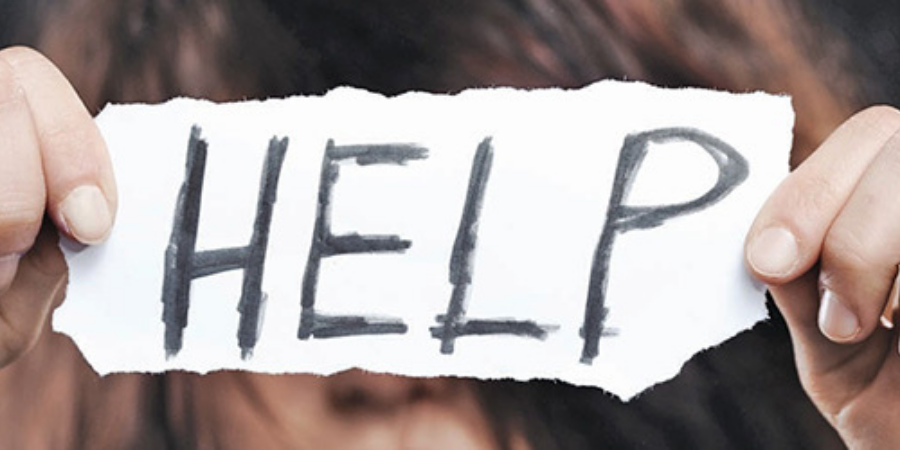Last Updated:
July 25th, 2025
Drug Detox | Dealing With Withdrawal from Drugs
Drug detox is often sensationalised in the media as a celebrity retreat but it is a critical and life-changing step for anyone battling drug addiction. Drug detox is a chance to escape your triggers and stressors and enter a safe, medically supervised environment that addresses the physical challenges of drug withdrawal. The thought of drug detox can be scary and this often puts people off seeking professional help. Knowing what drug detox really involves and how to detox your body effectively and safely can help you overcome your fears and take the first courageous step towards a drug-free life.

What is drug detox?
Drug detoxification, commonly known as drug detox, is a medically supervised procedure that eliminates all traces of drugs from your body and breaks your physical dependence on them. This dependence develops as your body and brain adapt to constant exposure to drugs, eventually needing them to operate normally. By removing drugs and their toxins, your systems relearn how to function without them so you can move onto the drug rehab stage with a cleaner bill of physical and mental health.
A medically-administered drug detox is undertaken under the watchful eye of a team of healthcare professionals. They will make sure you get enough food and water, give you emotional support and perhaps administer medication for withdrawal. This will significantly reduce the risks associated with drug withdrawal so you can get through the process safely and with as little distress and discomfort as possible.
How long does it take to detox from drugs?
It is not just the symptoms of drug withdrawal that differ from substance to substance but also how long withdrawal takes. This is also influenced by your health, the extent of your dependency and just how your body reacts to drug detox. To give you a rough idea of what to expect, here is a general drug detox timeline:
This phase can even usher in Post-Acute Withdrawal Syndrome (PAWS), where symptoms like mood swings, ongoing anxiety, sleep issues, and problems thinking can persist for several months. Professional support is very important if you are experiencing PAWS to manage these long-lasting effects.
Struggling with an addiction? If you are ready to seek help, reach out to us today, and a member of our compassionate team will help you find the best option for starting your recovery journey.
What is drug withdrawal?
Drug withdrawal refers to the symptoms that occur when an addicted person suddenly stops or significantly reduces their drug use. The first time somebody tries to quit drugs, they usually attempt it on their own. This is called “cold turkey”, and it can be safe and effective if you are a casual, infrequent drug user. The problem is when you are addicted to drugs, quitting cold turkey throws you into withdrawal because your brain and body go into a kind of shock.
Drug withdrawal is a uniquely personal experience shaped by factors like the drugs involved, how long you have been using them and how healthy you are overall. However, here is what you can possibly expect when withdrawing from different drugs:
Cocaine withdrawal
Withdrawal from cocaine typically includes symptoms such as fatigue, increased appetite, depression, agitation and vivid, unpleasant dreams. You may also experience slowed cognitive functions and a strong desire to use cocaine again, particularly in the first few days.
Crack cocaine withdrawal
Crack withdrawal can be particularly intense, with symptoms like acute cravings, irritability, exhaustion and severe mood swings due to crack cocaine’s potent and fast-acting nature.
Heroin withdrawal
Those withdrawing from heroin may face severe nausea, vomiting, sweating, muscle aches, cramping, diarrhoea, watery eyes, runny nose and insomnia. Medication for withdrawal is a critical part of detoxing from heroin and other opioids.
Ecstasy withdrawal
Withdrawal from ecstasy can lead to confusion, depression, sleep disturbances, cravings and anxiety. These withdrawal symptoms are partly due to ecstasy’s powerful effects on your serotonin levels.
Cannabis withdrawal
Cannabis withdrawal may manifest as mood swings, constant irritation, sleep difficulties, anxiety, decreased appetite and physical discomfort. Cravings for cannabis can also begin within hours of your last use which you may experienced if you tried to quit cannabis before.
Amphetamines withdrawal
Crystal meth withdrawal
Detoxing from crystal meth often causes fatigue, an increased appetite, dry mouth and profound depression. These symptoms of withdrawal are so severe that they often lead to a relapse without professional support.
Steroids withdrawal
Withdrawal symptoms from steroids can include mood swings, fatigue, restlessness, loss of appetite, insomnia, reduced sex drive and often depression. Physical symptoms like joint pain and muscle weakness may also accompany these.
Inhalants withdrawal
Withdrawing from inhalants can cause nausea, excessive sweating, sleep issues, shaking and mood fluctuations along with frequent headaches and muscle cramps.
Ketamine withdrawal
During ketamine withdrawal, you will likely experience strong ketamine cravings coupled with anxiety, physical tremors, excessive sweating, noticeable heart rate increases, memory lapses and difficulty thinking clearly.
The benefits of professional drug detox
While detoxing at home may seem more convenient and discreet, a professional drug detox centre offers crucial benefits that can make a significant difference in your recovery. These include:

Contact us today for drug detox support
The UK is renowned for its exceptional range of drug detox programmes, both private and NHS-funded. Understanding the vast options can be daunting but Addiction Helper can simplify your search. Our deep understanding of addiction allows us to guide you effortlessly to a drug detox programme that’s right for you. Reach out today and start your journey with our expert team beside you.
Our compassionate team are ready and available to take your call, and guide you towards lasting the lasting addiction recovery you deserve.
Frequently Asked Questions
(Click here to see works cited)
- Albuquerque, Nuno. “Drug detox | Drug withdrawal & drug detox clinics | UKAT.” UK Addiction Treatment Centres, 5 December 2023, https://www.ukat.co.uk/detox/drug/. Accessed 18 February 2025.
- Diaper, Alison M., et al. “Pharmacological strategies for detoxification – PMC.” NCBI, https://www.ncbi.nlm.nih.gov/pmc/articles/PMC4014033/. Accessed 18 February 2025.
- Casarella, Jennifer. “Detox: How to Do It and Where.” WebMD, 7 June 2022, https://www.webmd.com/mental-health/addiction/addiction-detox-what-to-know. Accessed 18 February 2025.
- Sanctuary Lodge. “Drug Detox | Withdrawal Symptoms and Treatment.” Sanctuary Lodge, https://www.sanctuarylodge.com/drug-detox/. Accessed 18 February 2025.
- SAMHSA. “Detoxification and Substance Abuse Treatment.” NCBI, 2006, https://www.ncbi.nlm.nih.gov/books/NBK64119/. Accessed 18 February 2025.

